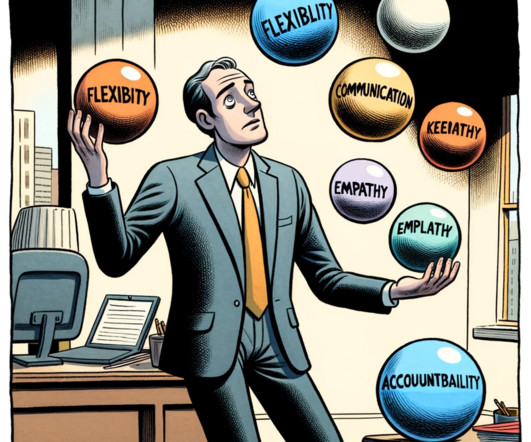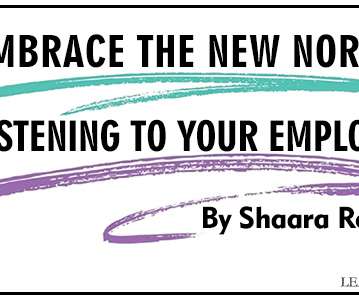Are You Making These CEO Mistakes? Learn from 7 Powerful Examples
Lead from Within
APRIL 3, 2024
Overlooking Employee Well-being: Some CEOs prioritize profits over the well-being of their employees, leading to high turnover, low morale, and reduced productivity. Ignoring Innovation: CEOs who resist innovation and technological advancements can quickly fall behind their competitors.






























Let's personalize your content